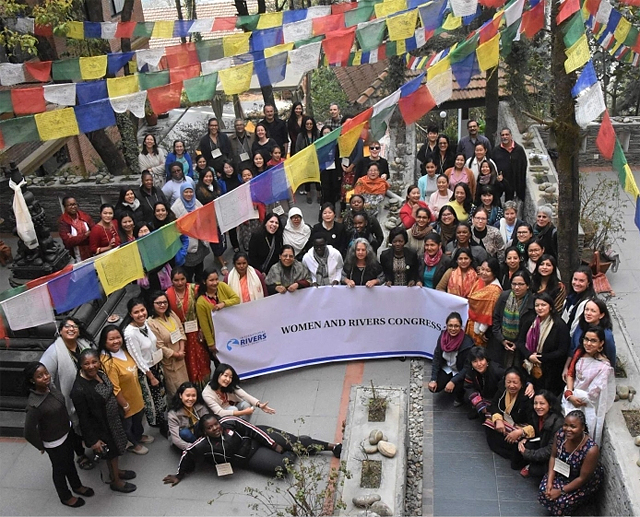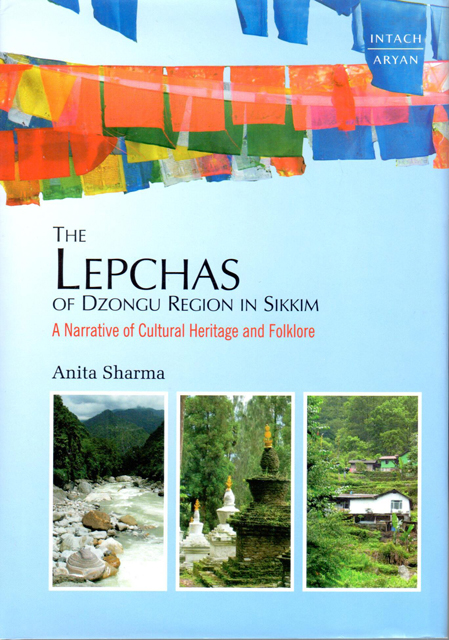In many conferences, women constitute a token presence, the modest voices at tables and lecterns dominated by men, argued a South Asian lady. International Rivers, an NGO that advocates for the human and natural communities affected by harmful dams, sought to modify that dynamic by organizing the first-ever Women and Rivers Congress in Nepal at the beginning of March.

A blog entry published on June 17 by International Rivers sought to explain the events at the congress and to explore the roles of women in major environmental issues, such as preserving rivers. The group seems determined that the voices of women need to be better heard, especially since their perspectives often differ from those of men. Almost 100 women from over 30 countries shared their stories at the conference in Nepal
One of the interesting facets of the report about the meeting is the explanation of the role of Lepcha women in the struggle to preserve the Teesta River from dam builders. The reporter, Pianporn Deetes, Thailand Campaign Coordinator, indicates that the Lepcha women at the conference “deeply impressed” the other participants. They showed themselves to be talkative and outgoing among the other women in contrast to the more reserved demeanor that they usually display in male-dominated situations.
One of the women told the reporter that it was the first time a Lepcha woman had made a presentation at a conference such as that. Pianporn Deetes writes that the Lepcha women are “known for being reserved in organizing meetings in their home state of Sikkim, India.” The intrinsic interest in the story, aside from the recognition of Lepcha women and their role in protecting the Teesta, is the change it documents in gender relations in their society. For Gorer, in his 1967 book, wrote that Lepcha women were often more self-assured than men. He did fieldwork in Sikkim in 1937.
 That appears to have changed by the beginning of the current century. Anita Sharma, who did fieldwork in the Upper Dzongu from September to November 2003, wrote in her 2013 book that women now have subordinate positions to men in Lepcha society. Men make the major decisions; daughters normally do not inherit land from their fathers; a woman’s status in a family diminishes after she has been married. But women in Lepcha society still are highly valued, she insisted. She suspected that the changes have been due to the influences of Hindu beliefs and practices.
That appears to have changed by the beginning of the current century. Anita Sharma, who did fieldwork in the Upper Dzongu from September to November 2003, wrote in her 2013 book that women now have subordinate positions to men in Lepcha society. Men make the major decisions; daughters normally do not inherit land from their fathers; a woman’s status in a family diminishes after she has been married. But women in Lepcha society still are highly valued, she insisted. She suspected that the changes have been due to the influences of Hindu beliefs and practices.
However, Roy and Bardhan (2014) present an even bleaker picture of gender discrimination based on their 2013 fieldwork in a Lepcha village in the Darjeeling District of West Bengal. They provide stark facts about such things as a much lower life expectancy for female than for male babies, a higher mortality rate for women than men in local health facilities, and so forth.
Thus, one can hope that the conference organized by International Rivers in March, which accorded recognition to the Lepcha women, may have also provided a confidence-building boost to them.